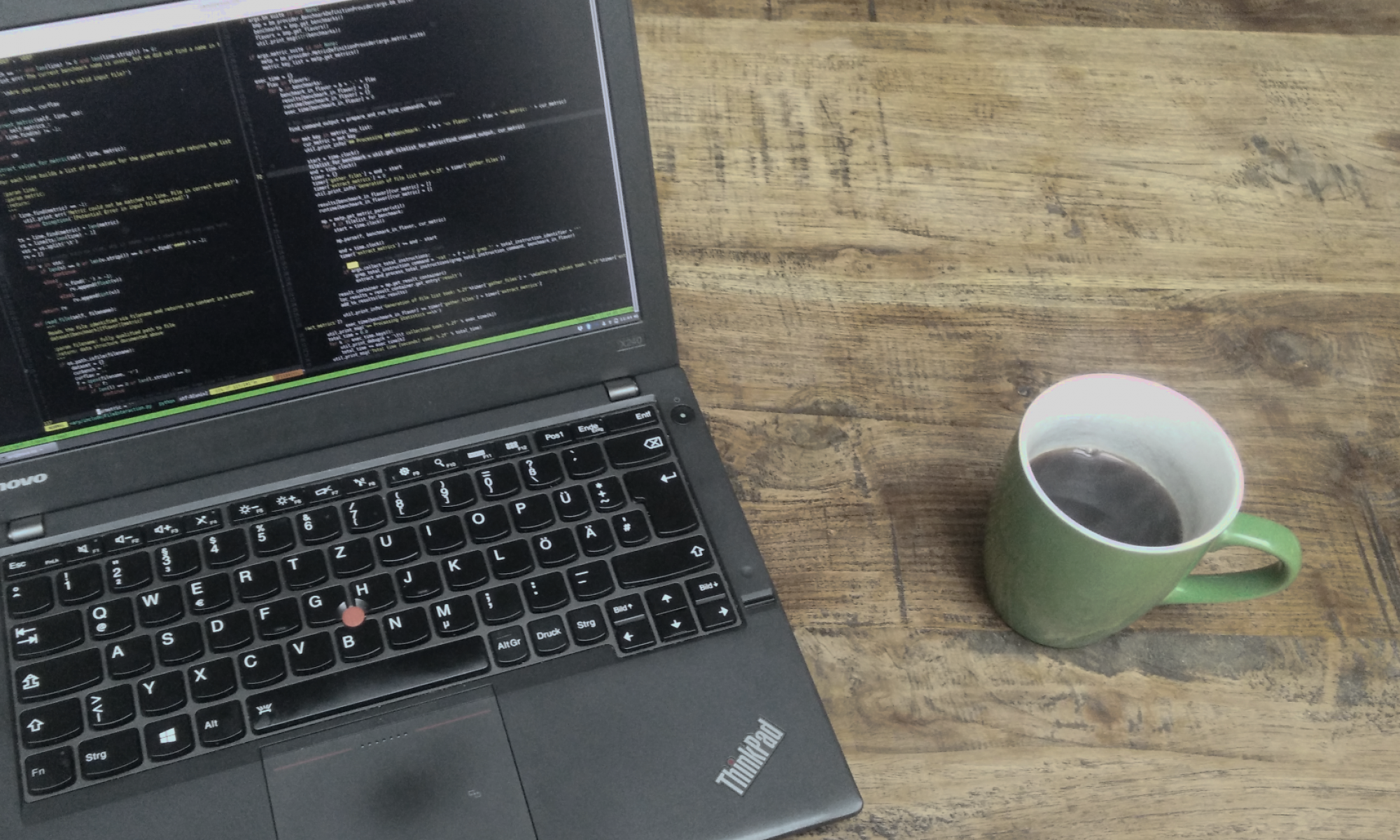The main software project I was working on through the last weeks and months is PIRA – the Performance Instrumentation Refinement Automation framework. It is available at https://github.com/jplehr/pira. It is the first software I have set up and used continuous integration for. However, for some historic reason, all components are split up into several repositories and the release “process” used for the initial release is a mess.
(Hint: the currently available version doesn’t work, because I missed something when I released it.)
The next release, using a better release process, is scheduled for August 1st.
Anyway – What is PIRA?
The framework can assist performance analysts and computer scientists to discover performance characteristics of their, or someone else’s, C and C++ software using Score-P. PIRA uses a combination of static and dynamic analysis to iteratively adapt an instrumentation configuration, i.e., which functions should be instrumented for measurement or analysis.
The main driver is written in Python 3. The analysis and instrumentation components are separated into an analysis tool and metric collectors built on top of Clang/LLVM. The final measurements are performed using the Score-P measurement infrastructure.
For those interested, there are two research papers available: (i) about the framework and (ii) a use case, in which we used PIRA to automatically reduce the number of functions passed to the empirical performance modeling tool Extra-P.
What is going to come?
In the next weeks I’ll write some notes about how to use PIRA for your own purposes and what I did when setting up my Gitlab CI instances.
Next Release: August 1st
The next PIRA release is planned for August 1st. It includes new features, such as automatic MPI-function filtering, configurable rebuild intervals, and better-to-use configuration files.

One Reply to “PIRA – a framework for iterative instrumentation refinement”